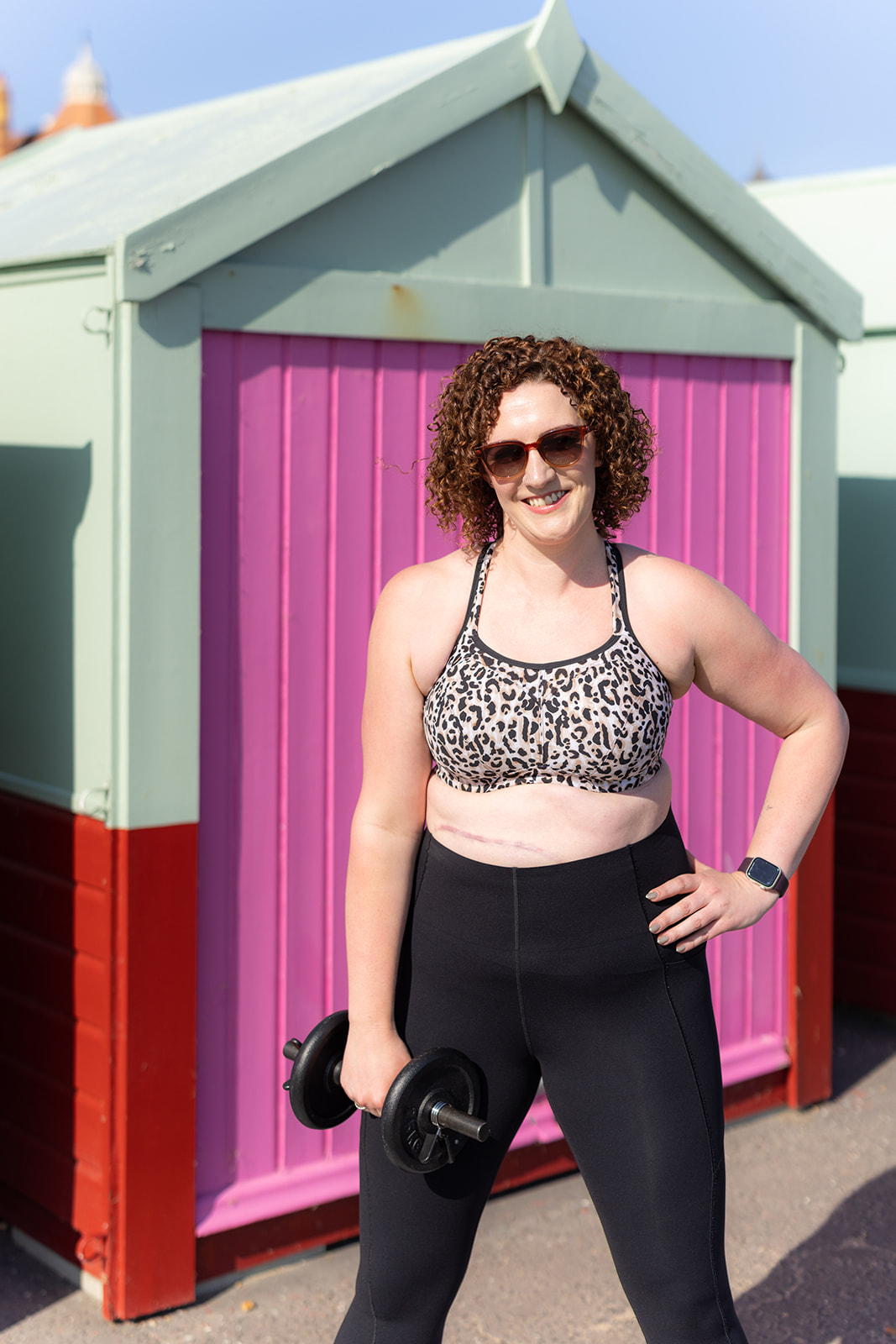I may be 38, but part of me today turns 20. On this day in 2005, I had surgery for scoliosis.
I’d known it was coming for several years: initially diagnosed in 2001, and treated with a brace and monitoring, I was first offered surgery in 2003. As my condition at the time was good, I chose to wait another two years – I was still growing, and I wanted to get my A levels out of the way, rather than having to recover quickly and start college. Instead, I’d take a year off before going to university.
I was a pretty inactive teenager, but it was still a scary prospect – whilst risks are low, there are significant ones with spinal surgery. I also knew that it was the best choice for my health.
Surgical recovery as a teenager
I was aware that I had no idea what I was in for. I’d been an otherwise healthy child, hadn’t broken any bones or required any other hospital treatment. So I didn’t know what pain was like or how it felt to recover from an injury.
My surgeon was very casual about the whole thing – it is his job, after all, and his experience was that teenagers “just bounce”. I knew that I wasn’t sporty or fit, and so I was dubious… but he was right.
After only three weeks, I was feeling much more like myself, despite having lost a lot of weight and had five pins added to my spinal column. I missed spending time with my friends – some kindly came to the house to visit – driving my car, and riding horses.
What I did in the way of surgery rehab
Most of my rehab took place in hospital during the first few days after surgery, as seems to always be the case in UK healthcare. I find it rare that patients are extensively supported; the goal seems to be to get them safely home from hospital as quickly as possible, but there’s no focus on returning to normal activities.
As is fairly routine, one of my lungs had been intentionally collapsed during surgery, so the key was actually some respiratory rehab to ensure that it was functioning correctly again, and to help any fluid that had gathered to dissipate. I also had help with how to get in and out of bed, walking confidently, and conquering the stairs, to make sure that I would be safe at home.
The other step that I had to take was not staying in bed all the time. This instruction was pretty strict, and my most hated – I wasn’t in a lot of pain, but I was tired and uncomfortable. Despite this, it was insisted that I spend time out of bed each day, even if said time was sat in a chair.
Progression of recovery
After about three weeks, my energy level suddenly shot up and I felt more confident. I suspect it was that I’d relaxed at home, was eating a little better, and the post-operative fatigue had mostly worn off. I could see better days ahead, and focused on getting to a point where I’d be allowed to resume actual activities.
We were all surprised when my surgeon gave me permission to get back on a horse at my six week check up – typically this is more like a six month wait. My mum was furious and made the condition that I must swim (an activity that I hate) first. I think that she thought I wouldn’t comply, and unfortunately for her, she underestimated the strength of my desire to get back in the saddle.
I got back behind the wheel of my car, I got in the pool, and then eight weeks after surgery, I got back on a horse and had one of the most joyful canters I’ve ever experienced.
What I’d do differently
I subsequently had quite a different surgery in my early 30s, but one that I felt more prepared for. I’d discovered strength training by then, so that and riding again – as well as returning to my job! – were key priorities for me.
I leaned into the post-surgical fatigue more than previously, and I’m pleased that I did. I think that, as a side effect of treatment, it’s not discussed enough. Feeling like you have very little energy is normal, and it takes a long time to fully recover, particularly when you continually push yourself and therefore quickly deplete reserves again. Rest is important, and a balance of nudging yourself along matters too.
I’m pleased that I was able to get back on a horse so quickly. Even for experienced riders, lack of saddle time can make you nervous, and that lack of confidence is very unhelpful, so I advocate for as quick of a return as is safe and reasonably practicable.
The only other thing I’d do differently is ask about long-term impacts. I look back now and worry about the lack of activity in my 20s, and can’t help but wonder what else I could have done to strengthen my body at that point.My two experiences were different largely due to my age and the types of surgery I had, and they both taught me a lot of things that I regularly now find myself passing onto clients. I’ll be celebrating how far I’ve come today.
